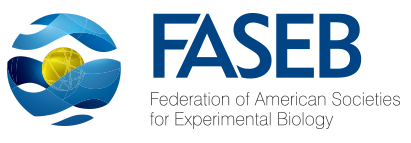 |

Program
The aging field has transitioned from identifying the fundamental mechanisms of aging regulation to translating these findings into therapeutic approaches. The primary goal of this conference is to discuss the role and regulation of epigenetic mechanisms at the nexus between aging and ‘rejuvenation’ strategies for age-related diseases.Important themes at the meeting will include: 1) How to assess the impact of age on aging cells, notably regenerative cells; 2) How to use epigenetic marks as “aging clocks” to measure the passage of time; 3) How epigenomic landscapes could be reprogrammed as potential ‘rejuvenation’ strategies; 4) How to identify new therapeutic strategies focused on epigenetic mechanisms.
In parallel, there has been a recent explosion of activity in the field of single cell technologies, now an integral part of the field of epigenetics. Experts will present their most recent technological developments, including the latest progress in super-resolution microscopy for single molecule approaches and the assessment of 3-dimensional chromatin domains.
Conference sessions will present the latest research and foster discussion on:
- Chromatin regulation in health and disease
- Epigenomic mechanism of aging and 'rejuvenation'
- Epigenetic "aging clocks"
- New layers in chromatin regulation
- Transcriptional regulation of aging
- Super-resolution and 3-dimensional organization of chromatin
- Epigenomic and epitranscriptomic mechanisms in health and disease
- Therapeutic strategies based on chromatin changes
In addition to a keynote lecture from Shelley Berger, PhD (University of Pennsylvania), the conference will feature nine sessions, with opportunities for short talks, and two poster sessions. The meeting will also include a “Meet the Expert” session on the topic of academic and non-academic career options in the field of epigenomic and aging, and career development workshops.
